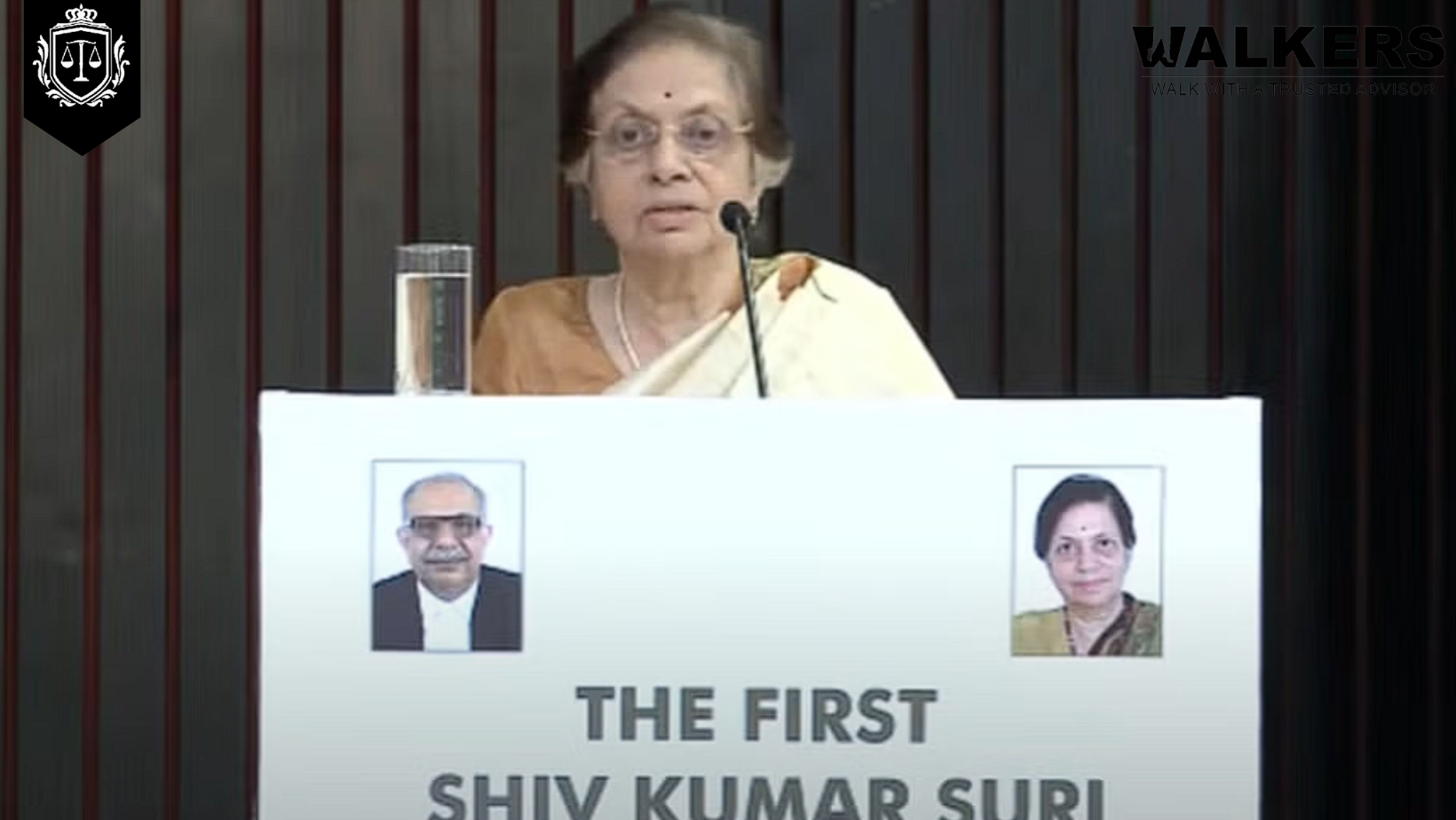


Justice Sujata Manohar, a former Supreme Court judge, recently expressed the necessity of addressing the social disadvantages faced by marginalized communities. However, she emphasized that it remains uncertain whether the implementation of a quota system or reservation policy would effectively promote equality.
Justice Manohar highlighted the ongoing ambiguity surrounding the effectiveness of quotas and affirmative action in India. She emphasized the need for comprehensive research and the development of schemes that can effectively eliminate social disadvantages.
"It is important to acknowledge that there are no straightforward solutions to these complex issues," she added.
Justice Manohar delivered these remarks during the inaugural Shiv Kumar Suri memorial lecture, which took place on September 7 at the India International Center in New Delhi. Distinguished attendees included R Venkataramani, the Attorney-General for India, Justice Anil R Dave, a former judge of the apex court, Adish C Aggarwala, the President of the Supreme Court Bar Association (SCBA), and Shikhil Suri, the son of advocate Shiv Kumar Suri.
Justice Manohar emphasized the presence of inherent contradictions within rights. She specifically addressed the issue of interpreting the right to equality, highlighting the fundamental problem that no two individuals can truly be considered equal. While all humans possess essential humanity and are entitled to a life of dignity, other qualities and abilities vary greatly among individuals. For instance, one person may possess poetic talents while another may excel in scientific pursuits. The challenge lies in comparing and treating individuals with such diverse qualities equally. The right to equality is particularly complex, as educational institutions have long struggled to establish fair criteria for admission.
Justice Manohar referenced a ruling by the United States Supreme Court in the case of Students for Fair Admissions vs Harvard College in 2023. The court held that an admission system that considers race as a criterion violates the equal protection clause of the US Constitution. However, the court also acknowledged the value of a diverse student population and suggested that this aspect could be taken into account when formulating admission policies. Thus, the line between ensuring equality and promoting diversity is delicate.
Furthermore, Justice Manohar discussed the challenges associated with enforcing laws to address gender discrimination, especially when such discrimination is intertwined with religious practices. She cited the Sabarimala case and the Shayara Bano case (triple talaq case) as examples. These cases highlight the difficulties in achieving gender equality within the framework of existing laws. The ongoing debate surrounding a Uniform Civil Code (UCC) further underscores the complexities involved in amending laws and achieving gender equality in family law.
Justice Manohar also noted that the obstacles to women's human rights often stem from societal culture, traditions, and customs, which are often romanticized as clashes of civilizations. She emphasized that these deeply ingrained traditions and customs can lead to the denial of human rights, such as the use of technology to determine the sex of a fetus.
In summary, Justice Manohar's remarks shed light on the inherent contradictions within rights, the challenges of achieving equality in various contexts, and the impact of cultural and traditional practices on women's human rights.
The speaker made an observation regarding female foeticides, stating that they represent a contemporary manifestation of the long-standing traditional prejudice against the female gender.
The speaker, a former judge of the highest court, expressed apprehension regarding the overwhelming caseload in the judicial system, particularly in relation to criminal matters.
During a recent discussion, Justice UU Lalit, former Chief Justice of India, highlighted the composition of prisoners in correctional facilities, revealing that 20% are convicted individuals while the remaining 80% are awaiting trial. Disturbingly, considering the conviction rate of only 27% among the 80 undertrial prisoners, it is anticipated that 56 individuals will be acquitted. The speaker questioned whether there should not be a more rigorous examination of the cases of these 56 innocent individuals who have been incarcerated for extended periods of time.
Consequently, the speaker expressed the belief that both the content and procedures of criminal law necessitate re-evaluation in order to ensure a just and expeditious trial process. The speaker called upon Bar Associations to actively propose amendments to the existing legislation.
TAGS: Reservation Human rights Right to Equality Justice Sujata Manohar Shiv Kumar Suri